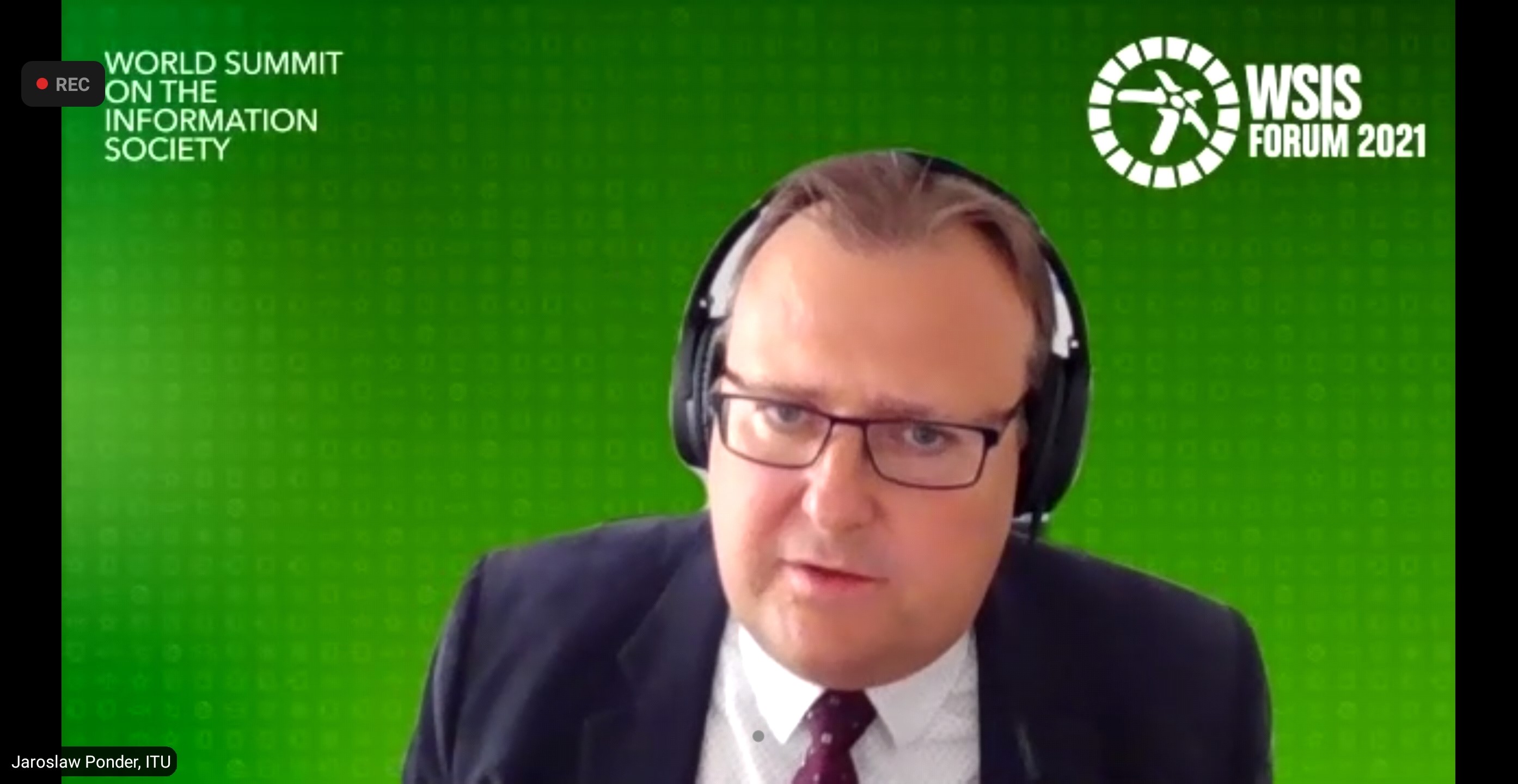ICTs for Inclusive, Resilient and Sustainable Societies and Economies (WSIS Action Lines for achieving the Sustainable Development Goals) - Europe Region
International Telecommunication Union - Office for Europe
Session 307
The role of the digital revolution in the metamorphosis of our society is essential to take into account. It brings new hopes but also new insecurities. Mass digitalization has an undeniable role in strengthening pre-existing inequalities. Driven by the Regional Initiatives, the ITU Office for Europe is determined and dedicated to foster digital transformation across the region, in accordance with the World Summit on the Information Society (WSIS) Action Lines, capturing the full potential of ICTs in reaching the 2030 Sustainable Development Goals Agenda.
This Special Workshop “ICTs for Inclusive, Resilient and Sustainable Societies and Economies (WSIS Action Lines for achieving the Sustainable Development Goals) - Europe Region” is organized by ITU and will take place virtually on the 16 April from 12:00 to 13:00 CET.
The WSIS Forum represents the world's largest annual gathering of the ‘ICT for development’ community and is co-organized by ITU, UNESCO, UNDP, and UNCTAD, in close collaboration with all WSIS Action Line Facilitators/Co-Facilitators. The 2021 edition will be focusing on ICTs for Inclusive, Resilient and Sustainable Societies and Economies (WSIS Action Lines for achieving the Sustainable Development Goals). This year's forum will provide a platform to track the achievements of WSIS Action Lines in collaboration with the UN Agencies involved and provide information and analyses of the implementation of WSIS Action Lines since 2005.
This Special Workshop focusing on the Europe Region pursue this same objective by drawing attention to the ongoing efforts of ITU and its partners implementing a set of the ITU Regional Initiatives for Europe, focusing on connectivity, digitalization, digital inclusion, innovation, and cybersecurity. The objectives of European Regional Initiatives are directly linked to the WSIS Action Lines and SDGs, therefore achieved results contribute to both, WSIS and SDG processes.
This workshop will present a series of flagship actions undertaken recently by the ITU Office for Europe in the area of Connectivity, Digital Skills, Child Online Protection, Digital Accessibility, and Digital Services.
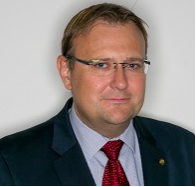
Mr. Jaroslaw K. Ponder is Head of the Office for Europe at the International Telecommunication Union (ITU) (Geneva, Switzerland). He represents ITU in Europe and directs actions, projects, initiatives and experts groups targeting 46 countries of the Europe Region. His portfolio includes set of Regional Initiatives for Europe, designed by the European Member States and focusing on the ICT Infrastructure, Digitization, Digital Inclusion, Accessibility, Innovation and Cybersecurity.
Along the professional career, Mr. Ponder held official positions in the public sector and was a contributor to the legislative projects having the impact on the public policy. Since 2014 Mr. Ponder has been working for ITU holding diverse positions in the General Secretariat, Telecommunication Development Bureau, and Regional Presence, addressing complexity of information society development and digital transformation at national, regional, international level, including United Nations level. For several years he has managed ITU’s work on the United Nations World Summit on the Information Society (WSIS) process, leading towards the establishment of the flagship platforms, including WSIS Forum, WSIS Prizes, WSIS Stocktaking, others.

Deputy Director of the Department of Telecommunications at the Chancellery of the Prime Minister. He deals with regulations concerning the investment process for telecommunications infrastructure, electromagnetic field (EMF) issues, and 5G networks. A member of the Inter-Ministerial Committee for Maximum Permissible Concentrations and Intensities of Agents Harmful to Health in the Working Environment.
_(1).jpg)
Senior policymaker who covers the areas of economic development, national strategic programming, and regional cooperation. She currently holds the position of the Director-General of the Development Programs and Cooperation Unit, at the Prime Minister’s Office, and is responsible for drafting a number of National Development Programs in different sectors of the economy which are translated into concrete executable national strategic projects with a direct impact to the country’s economic growth, one of them being the National Program of Innovation and Startups.
She is also in charge of the coordination of the Regional Economic Area and its Action Plan, since its creation in 2017, with the focus of developing and transforming the Western Balkans region into an economic area where goods, services, people, and knowledge move without borders.
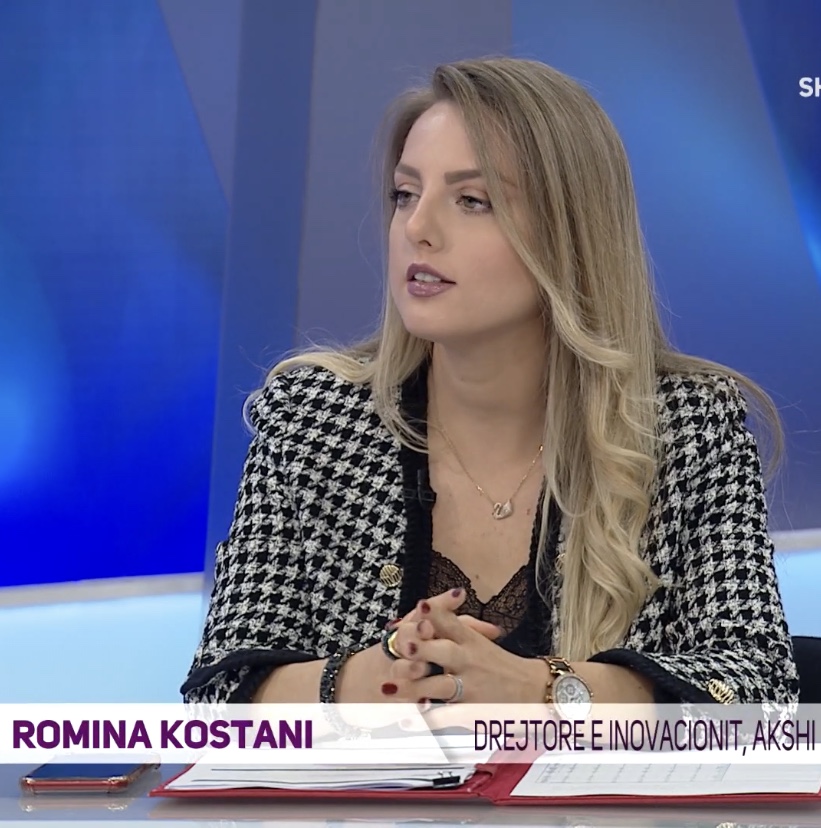
Ms. Romina Kostani holds a MSc. Degree in Information Systems, a Master’s degree in EU Business Law, and a Bachelor Degree in Business-Informatics by the University of Tirana. She holds the position of the Director of Innovation and e-Gov IPA Funds at the Albanian National Agency of Information Society and has also experience in university teaching of information systems. During the past couple of years, she has worked on the digitalization of public services, the development, and promotion of the e-Albania e-Government Portal, interoperability of systems and open data, transposition of EU ICT Acquis to the Albanian law, ICT innovation in public administration, start-up incubation programs, among others.

Katalin Baracsi holds internet security classes and interactive training for more than 10 years inside and outside the country. She brings children, young people, parents, educators, professionals closer to the everyday life of the digital world and makes them confident that they can pass on the information they have acquired in their environment. She coordinates and independently prepares professional materials and programs. Currently, as a freelance expert, she assists governmental, civic, and eclectic organizations in both domestic and international projects.

Nevena Manić is an advisor in the Team for public administration reform at the Office of the Prime Minister of the Republic of Serbia. She is passionate about e-government and digitalization as the optimal way to improve public services and accelerate development.
Nevena has extensive experience in the private and particularly in the public sector, gained while working at the Ministry of Finance on contracting and implementation of EU funds and at the European Commission, in Directorate-General for Neighbourhood and Enlargement Negotiations (DG NEAR).
Nevena graduated from the Faculty of political science at the University of Belgrade and holds two master degrees – LL.M. from the Faculty of Law and Master of Public Administration at the University of Birmingham, which she attended as a Valedictorian of Chevening, the UK government’s scholarship programme.

Marten Kaevats, is the National Digital Advisor in the Government Office of Estonia or unofficially the Chief Innovation Officer of Estonia. Being responsible for information society and innovation in Estonia, he is working on upgrading the interoperability system architecture of Estonia. The goal of all his work is to build adaptable and future-proof governance architecture while acknowledging that predicting the future in its complexity is impossible. Estonia, being a prime example of distributed governance architecture based on human-scale values where every end-user is in control of their data, is perfect to test new forms of governance suitable for the 21st century.
He legalized the testing of self-driving vehicles on all public roads in Estonia in 2017 and is the initiator of the Estonian AI policy. He has a master's degree in architecture and city planning from the Estonian Academy of Arts. Marten joined the Estonian governmental talent program in 2015. He studies the impact of various scalable technologies on the socio-spatial behavior of individual people and communities and describes his discipline as governance architecture. Before joining the government, he was the chief of Tallinn Architectural Biennale 2015 "Self Driven City" curatorial team. Marten is also an active member of several civil society organizations; he was also one of the founding members of the Uue Maailma Selts (New World Society) in 2007 which triggered reformatory changes in participatory democracy and a revolution in civil society. He also founded and contributed to the creation of the open source community web platform Community Tools, established in 2008.
-
 C1. The role of governments and all stakeholders in the promotion of ICTs for development
C1. The role of governments and all stakeholders in the promotion of ICTs for development
-
 C2. Information and communication infrastructure
C2. Information and communication infrastructure
-
 C3. Access to information and knowledge
C3. Access to information and knowledge
-
 C4. Capacity building
C4. Capacity building
-
 C5. Building confidence and security in use of ICTs
C5. Building confidence and security in use of ICTs
-
 C6. Enabling environment
C6. Enabling environment
-
 C7. ICT applications: benefits in all aspects of life — E-government
C7. ICT applications: benefits in all aspects of life — E-government
-
 C7. ICT applications: benefits in all aspects of life — E-learning
C7. ICT applications: benefits in all aspects of life — E-learning
-
 C7. ICT applications: benefits in all aspects of life — E-health
C7. ICT applications: benefits in all aspects of life — E-health
-
 C7. ICT applications: benefits in all aspects of life — E-agriculture
C7. ICT applications: benefits in all aspects of life — E-agriculture
-
 C11. International and regional cooperation
C11. International and regional cooperation
-
 Goal 1: End poverty in all its forms everywhere
Goal 1: End poverty in all its forms everywhere
-
 Goal 2: End hunger, achieve food security and improved nutrition and promote sustainable agriculture
Goal 2: End hunger, achieve food security and improved nutrition and promote sustainable agriculture
-
 Goal 3: Ensure healthy lives and promote well-being for all
Goal 3: Ensure healthy lives and promote well-being for all
-
 Goal 4: Ensure inclusive and equitable quality education and promote lifelong learning opportunities for all
Goal 4: Ensure inclusive and equitable quality education and promote lifelong learning opportunities for all
-
 Goal 5: Achieve gender equality and empower all women and girls
Goal 5: Achieve gender equality and empower all women and girls
-
 Goal 8: Promote inclusive and sustainable economic growth, employment and decent work for all
Goal 8: Promote inclusive and sustainable economic growth, employment and decent work for all
-
 Goal 9: Build resilient infrastructure, promote sustainable industrialization and foster innovation
Goal 9: Build resilient infrastructure, promote sustainable industrialization and foster innovation
-
 Goal 10: Reduce inequality within and among countries
Goal 10: Reduce inequality within and among countries
-
 Goal 12: Ensure sustainable consumption and production patterns
Goal 12: Ensure sustainable consumption and production patterns
-
 Goal 16: Promote just, peaceful and inclusive societies
Goal 16: Promote just, peaceful and inclusive societies
-
 Goal 17: Revitalize the global partnership for sustainable development
Goal 17: Revitalize the global partnership for sustainable development
Website of ITU Office for Europe
ITU Regional Initiatives for Europe
Twitter of ITU Office for Europe: @ITUEurope

.png)
.png)
.png)
.png)
.png)
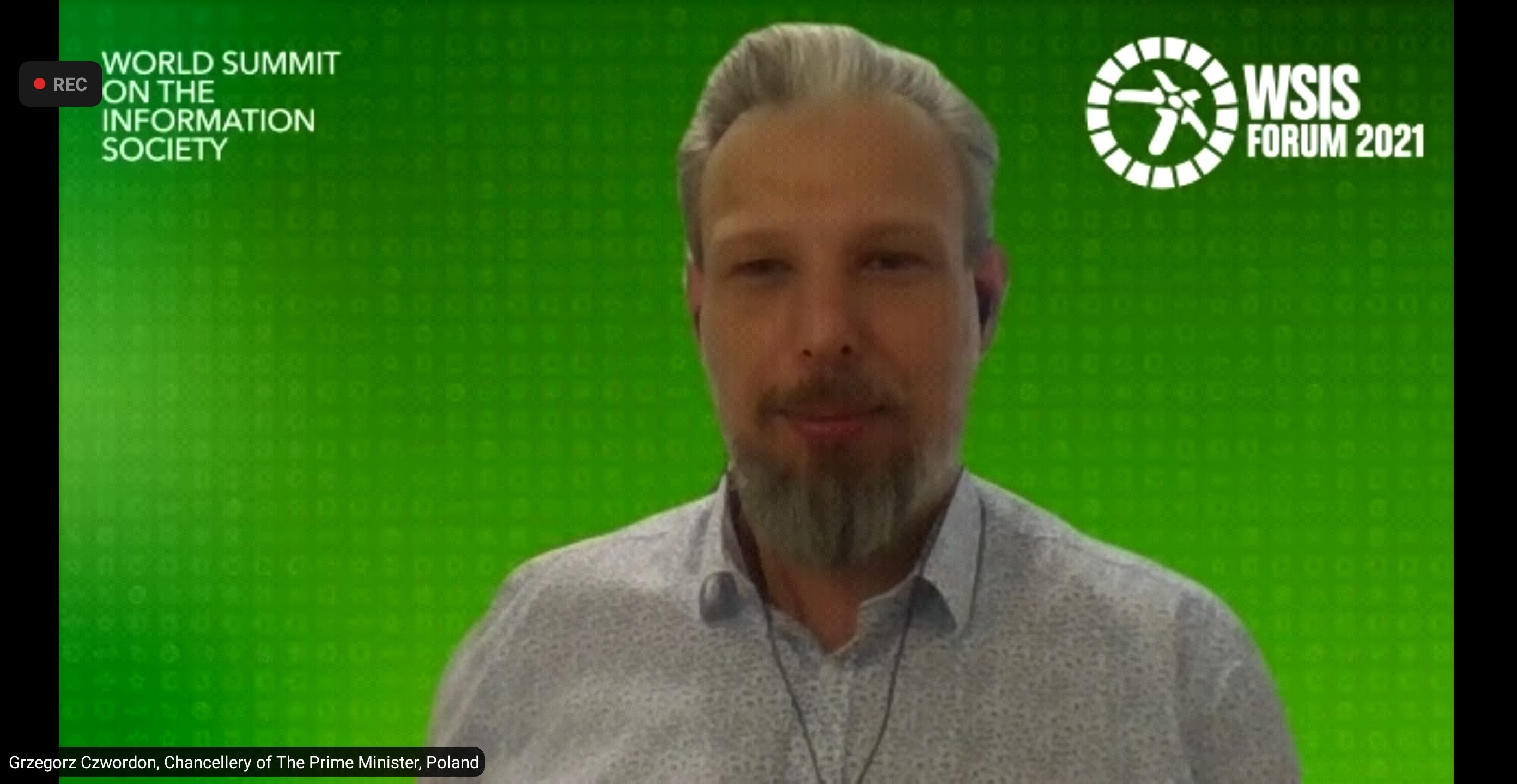
.jpg)
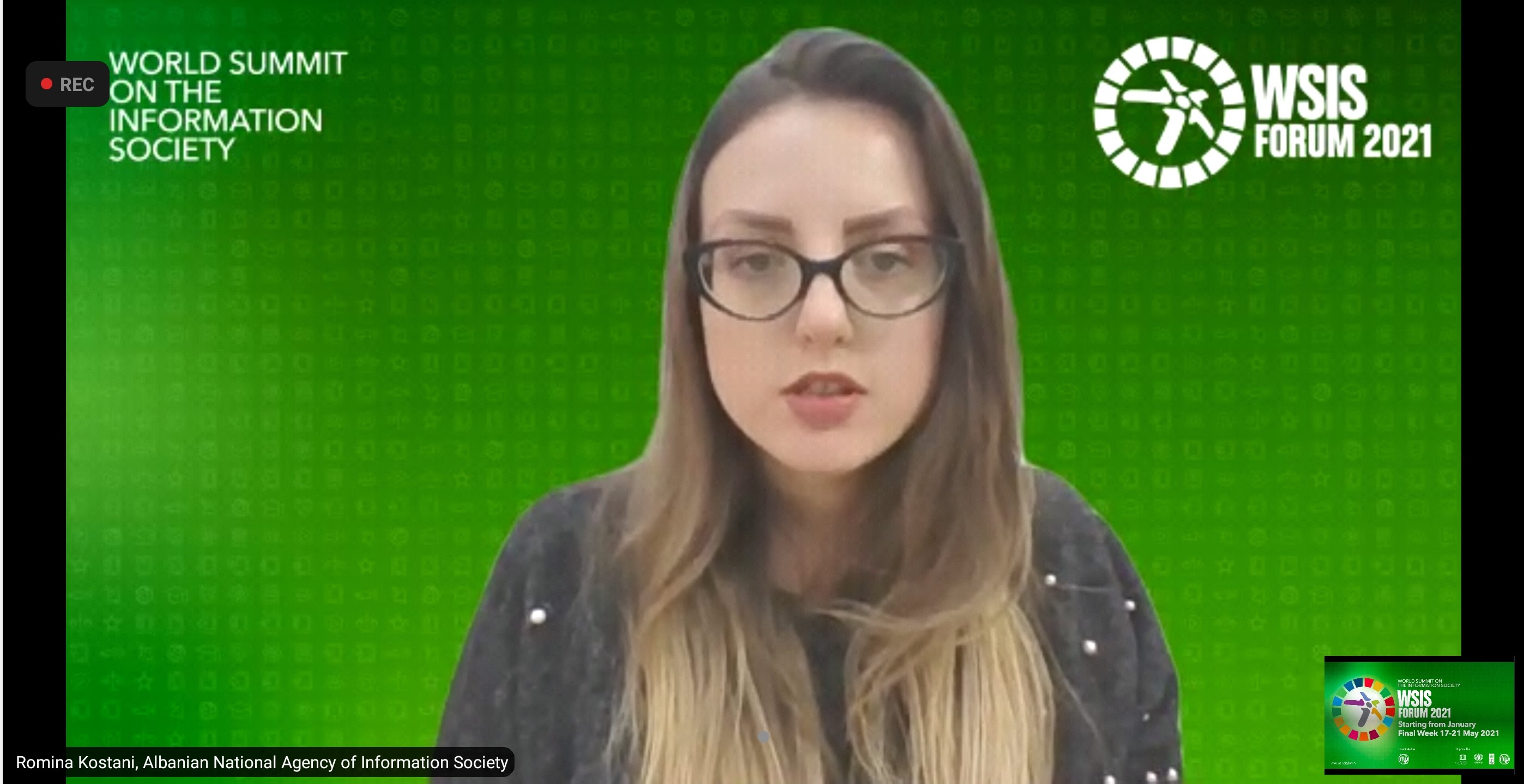
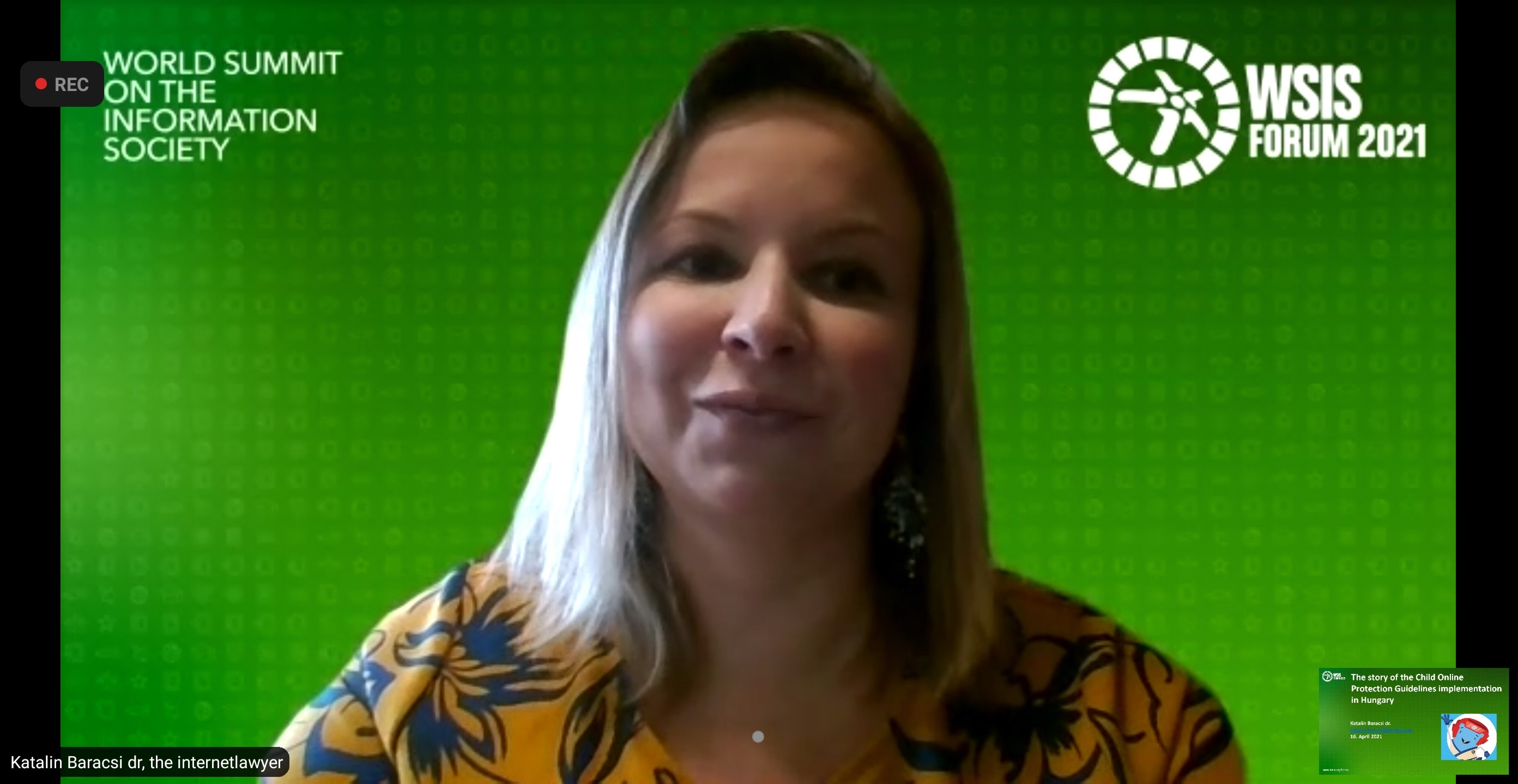
.png)
